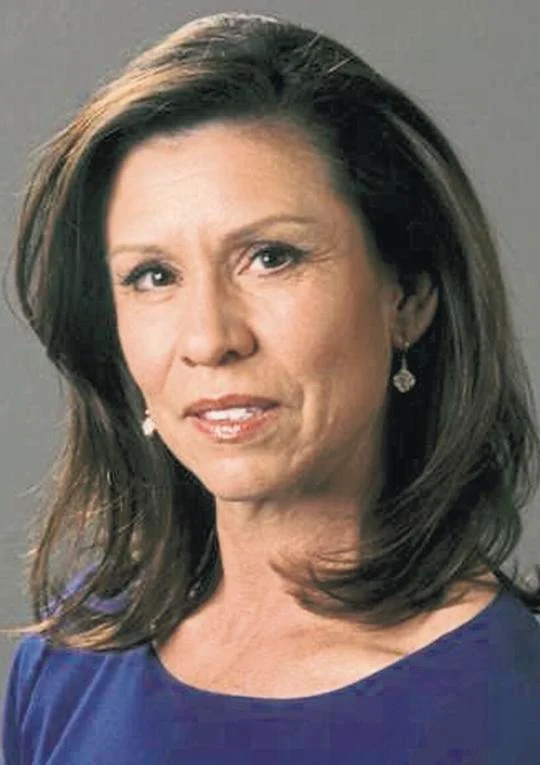By Mary Sanchez
Tribune Content Agency
Tyreek Hill, this go-round in a critical media lens, has the upper hand.
He knows it. In recent interviews, the Miami Dolphins wide receiver is the patient teacher, talking about turning his recent brush with law enforcement into a positive.
The football star might have sensed this moment coming, soon after the incident on his way to the season opener on September 8.
Hill has admitted to being reckless. Nearing Hard Rock Stadium in Miami Gardens, he was pulled over by a traffic officer. He subsequently sassed back at the officer’s orders.
Rather than complying quickly with the command to keep the driver’s side window of his fancy sports car rolled down, Hill repeatedly insisted that the officer stop rapping on the dark glass window.
What happened next? Hill quickly found himself yanked from the car by another officer. He was then shoved face first to the pavement and handcuffed.
The whole thing is captured on a Miami-Dade police bodycam. The swiftness of the escalation is a chilling enactment of how fast car stops can go south, often with devastating and deadly results.
But let’s be clear, the overarching offense Hill committed was being in contempt of a police officer. That charge refers to the aggravation that law enforcement officials feel, and then overreact to, when disrespected by civilians.
Other more specific charges for Hill came later: careless driving and driving without a seatbelt.
Hill didn’t immediately comply with the officer’s orders, certainly not with any humility or exaggerated obedience, signs that he was willing to bow to their authority. He regrets it. He admitted that in a subsequent interview with CNN: “At the end of the day, I wish I could go back and do things a bit differently.”
But Hill’s impatient disposition with the officers didn’t justify the rough treatment he received.
News of the incident played a little differently for some in Kansas City. The Chiefs are the NFL team that first took a risk on Hill. The franchise signed him in 2016 with the hope that his incredible speed would dominate the headlines. The team also hoped to move past his documented history of domestic violence.
As a city, we got both.
Widely known as “cheetah,” Hill became a valued member of the team. He supports the community through the Tyreek Hill Family Foundation.
But there was another alleged incident, in 2019, while Hill was a Chief.
His former fiancee, the mother of his son and twins, was also possibly involved. When their son was three, the police and other officials investigated the parents for possible child abuse, concerned about welts and bruising. Ultimately, no charges were ever filed against either parent.
This is the same woman who Hill plead guilty to choking while in college. That incident cost him his status as a team member for Oklahoma State, which dismissed him. She was also pregnant during the 2014 choking incident, for which Hill received three years probation, after which the case was expunged from his record.
Hill has gotten therapy. And as part of the plea deal, he agreed to domestic violence prevention classes.
It’s difficult to think that a man who can choke a woman – an extremely serious act of violence – can fully turn his behavior around and become a model partner to another person. Hill’s married now.
Yet he’s done what we should expect of anyone who abuses others, whether it is a case of domestic violence or overreach in use of force by police.
The abuser does the time in service. The person who did the victimizing should get the retraining, accept the punishment if necessary, and learn the skills to manage themselves better.
Too often, society expects the opposite. The blame is on the victim. We tell women all the ways they should steer clear of men who abuse, offering them a range of tips on how to spot signs of abusers – before they lash out.
How about men just stop abusing women?
How about more men receive therapy, as Hill did?
And police should stop overreacting when the issue isn’t one of public or their own safety, but a mouthy civilian who’s being belligerent.
Hill wants the officer in question to lose his job. But unless there are previous problems with his the officer’s service, a recommitment to further training should suffice.
Because Hill’s right, everyone could learn from this incident.
The real power to learn and change comes from admitting mistakes, dissecting our personal role and recommitting to doing better.
If we expect that and can accept it from highly compensated football stars on our favorite teams, we should expect it and receive it from the people we pay to ensure our public safety.
Readers can reach Mary Sanchez at msanchezcolumn@gmail.com and follow her on Twitter @msanchezcolumn.
©2024 Mary Sanchez. Distributed by Tribune Content Agency, LLC.




